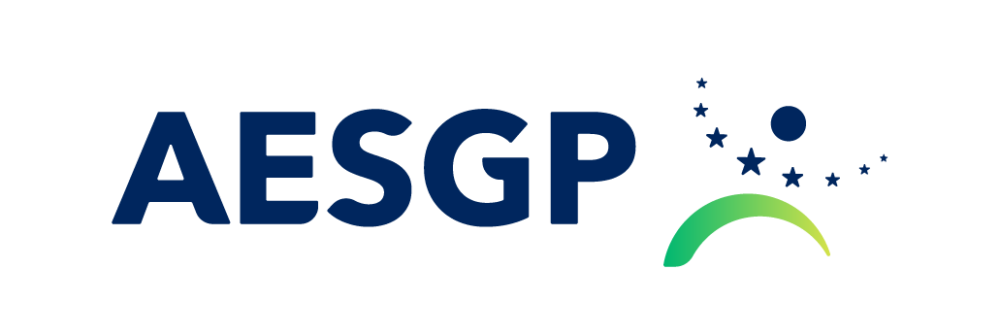AESGP pioneering review article shows how data obtained from real-world use can benefit regulators in decision-making in the self-care medicines life-cycle.
Real-world evidence (RWE) is an emerging scientific discipline that is being increasingly used for decision making on prescription-only medicines. However, to date, there has been little focus on the application of RWE within the non-prescription sector.
In a pioneering review article “How can real-world evidence aid decision making during the life cycle of non-prescription medicines?”, published in the Clinical and Translational Science Journal, AESGP experts shed light on the importance of existing and potential applications of real-world data (RWD) and real-world evidence (RWE) for non-prescription medicines and how it can aid regulatory decision making throughout the medicine’s lifecycle.
Real-world evidence is based on data gathered from real-life use of a health product by opposition to traditional clinical evidence where data are gathered in a controlled setting. Non-prescription medicines are available to a broad population for personal use and play a very important role in safe and responsible self-care. This makes non-prescription medicines particularly suited for real-world research.
The article now published discusses areas where the self-care sector could harbour more RWD-RWE with clear advantages in providing information to help in regulators’ decision-making:
- Enhancing re-classification from prescription-only to non-prescription status;
- Investigating real-world effectiveness to complement available clinical evidence and benefit-risk balance;
- Addressing potential post-marketing safety concerns.
The particularities of non-prescription medicines, which are not prescribed, nor reimbursed, explain the difference of real-world data sources. Contrary to prescription medicines, data from this use under self-care are not routinely collected in electronic medical records or national registries.
“For this reason, a wide definition that can encompass both routinely collected data, as well as data derived from real-world trials (RWTs) conducted in settings which resemble everyday practice, would be best suited”, concludes the lead author, Emese Csöke.
The field holds very promising as an information resource for regulators and the industry. That’s the main reason why authors call for its increased acceptability, application and use in the area of non-prescription medicines. The potential to utilise RWE in the non-prescription sector is likely to increase with the growth of person-generated health data (PGHD), an emerging source of RWD boosted through digital technologies.
Although little published literature exists, the authors have striven to demonstrate with specific examples the value of real-world evidence in decision-making in the domain of non-prescription medicines.
Available data sources and evidence requirements for non-prescription medicines differ from that of prescription medicines. Therefore, as concluded by the article, it is important to apply other approaches, both from Industry and Regulators, to reap the benefits for individuals and health systems.
Document
Read the full article on the Clinical and Translational Science Journal: https://ascpt.onlinelibrary.wiley.com/doi/10.1111/cts.13129
Press Contact
For media enquiries, please contact Luis Rhodes Baiao (L.RhodesBaiao@aesgp.eu) or Alix Marchal (A.Marchal@aesgp.eu).
Related:
- Helping real-world evidence reach its full potential (OTCToolbox)
- Real-World Evidence Can Play Important Role In OTC Regulation – AESGP Study (HBW Insight)
